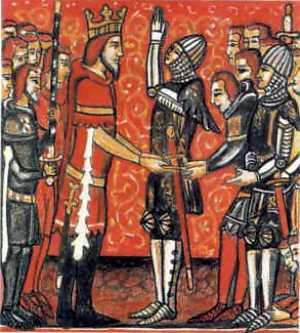What is Democracy?
Democracy is a form of government in which the general public has the opportunity to elect members for the parliament. The term “democracy” comes from the Latin words Demo (people) and Kratos (power) and signifies a type of government which is “by the people, of the people, and for the people.” In democratic countries, elections are held, and through them, people select their preferred candidates for the government. These elections are typically free and independent, allowing the general public to vote for anyone they like. Elected representatives go to the parliament and become the rule-making party of the country. Democracy can be divided into direct democracy and democratic republic. Direct democracy allows all eligible citizens to have control and power over the government and decision-making, while democratic republic or representative democracy involves elected candidates of the general public having power over the government and ruling. The majority party in the parliament gains ruling power over other parties in a democracy.
What is Feudalism?
Feudalism is not an official government system but can be best described as a social structure that existed in Medieval Europe from the 9th to the 15th century. This social structure mainly revolved around three central concepts: lords, vassals, and fiefs. Lords were landowners and considered upper-class people, gaining authority from the King to rule their territories. Vassals were the lower class who worked on the lords’ lands, receiving a small share from the cultivations and obeying the landowners’ orders regarding social and private matters. Some historians believe feudalism emerged due to the decentralization of power of kings, with authority being given to high military officials who were assigned parts of lands, eventually becoming lords of those territories.
Key Takeaways
- Democracy is a government structure where the general public elects representatives for the ruling party, while feudalism is a social structure where lords or landowners have ruling authority over peasants working in their lands.
- Democracy exists in many countries today, whereas feudalism is an age-old tradition and is hardly practiced in the modern world.
- In a democracy, common people elect their representatives for the country’s ruling, while in feudalism, Kings assign the Lords who have power over the peasantry.
